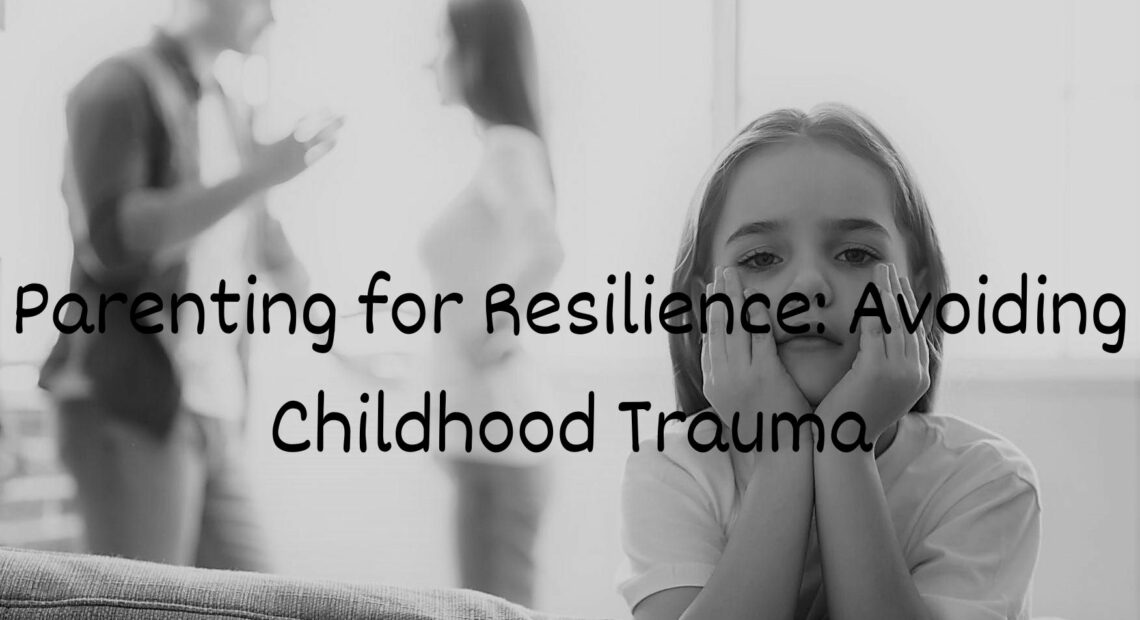Navigating Parenthood: 10 Actions to Avoid for Preventing Childhood Trauma

Parenting is a journey filled with love, challenges, and learning experiences. While well-intentioned, certain parental actions can unintentionally contribute to childhood trauma. This blog explores ten common behaviors that parents should be mindful of to foster a healthy and nurturing environment for their children.
- Inconsistent Discipline: Inconsistency in discipline can create confusion and anxiety for children. Clear, consistent boundaries help children feel secure and understand expectations.
- Emotional Neglect: Emotional neglect, whether unintentional or not, can leave lasting emotional scars. It’s crucial for parents to be emotionally available and responsive to their child’s needs.
- Overprotection: While protection is essential, excessive sheltering can hinder a child’s ability to develop resilience and independence. Allowing age-appropriate challenges fosters growth.
- Invalidating Feelings: Dismissing or belittling a child’s feelings may lead to a sense of invalidation. Acknowledging and validating emotions helps build a strong emotional foundation.
- Lack of Boundaries: A lack of personal boundaries can make children feel unsafe. Establishing and respecting boundaries teaches children the importance of consent and personal space.
- Comparisons and Criticism: Constantly comparing children to others or criticizing their efforts can damage self-esteem. Encouragement and constructive feedback promote a positive self-image.
- Ignoring Mental Health: Overlooking a child’s mental health needs can contribute to long-term issues. Recognizing and addressing mental health concerns is vital for overall well-being.
- Excessive Pressure: Imposing unrealistic expectations or excessive pressure on a child to excel academically or in extracurricular activities can lead to anxiety and burnout.
- Parental Conflicts: Witnessing frequent conflicts between parents can be distressing for children. Maintaining a healthy, communicative relationship sets a positive example.
- Conditional Love: Love with conditions or expectations can create feelings of unworthiness. Unconditional love forms the bedrock of a child’s emotional security.
Conclusion: Parenting is a complex journey, and avoiding unintentional actions that contribute to childhood trauma requires continuous self-awareness and growth. By prioritizing open communication, emotional support, and fostering a nurturing environment, parents can significantly contribute to their child’s overall well-being. Understanding these potential pitfalls empowers parents to cultivate a loving and resilient foundation for their children to thrive emotionally and mentally.
Picture Courtesy: Google/images are subject to copyright







